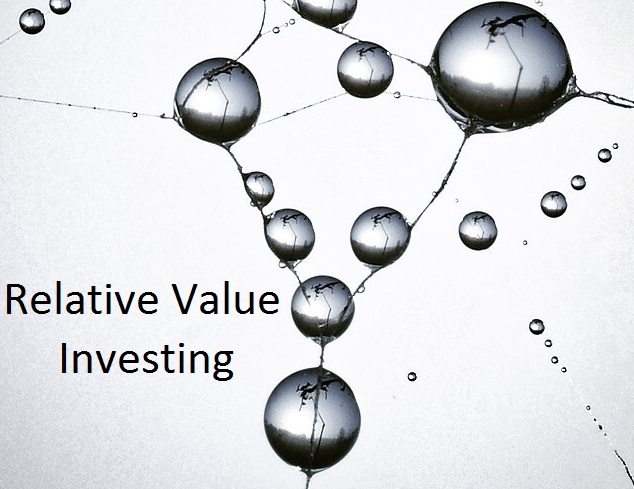Excerpt from a Bloomberg article
Mark Andreesen recently appeared on a Bloomberg View podcast and one of my biggest take-away's was that the alpha to be gained from private equity investing, and the same goes for Warren Buffett's great investing career, is that staying the course and not exiting an investment early is the real key to performance success. That is, investing longer term is the "real secret sauce".
The Math of Venture-Capital Returns
Stock returns tend to be driven by a handful of big winners, for venture capital investors, it’s even more lopsided. Venture-capital funds typically have a 50 percent failure rate -- half of the investments lose money, with half of those being total losses. The third quartile breaks even, or returns two or three times their money over five to 10 years. The real action is in their top quartile, which can generate return on investments of anywhere from three- to 1,000-fold.
Venture Capital investors naturally search for the 'unicorn'
Prominent Silicon Valley investor Mark Andreessen observes “We make our money on the ones that work and our reputations on the ones that don’t.”
As an example, consider a fund that owned both Segway Inc. and Google Inc. The self-balancing two-wheeled scooter was an expensive flop. The fund lost one times its investment in Segway; investors in the same fund saw their investment into Google generate gains of roughly 10,000-fold. With returns like that, venture investors don’t mind kissing a lot of frogs looking for their prince.
The top-performing venture capitalists embrace the “Babe Ruth Effect” -- they have a lot more strike-outs, but also a lot more towering home runs.
Naturally, there is an obsession with a handful of unicorns, or startup companies valued at more than $1 billion, reflects the tail wagging the dog, and not a deep understanding of the impact and scale of new technologies.
Media headlines have been shouting that tech is overvalued every year since 2004; many observers have been insisting a tech crash is imminent for more than a decade.
Andreessen disagrees: “There are no bad ideas, only early ones,” he says. Take the very worst concept you can think of from the dot-com era -- say, Pets.com, the poster child for the excesses of that time. Andreessen brings up online pet-food retailer Chewy.com LLC, the most obvious Pets.com-like successor; it was recently acquired by PetSmart Inc. for $3.35 billion in one of the largest e-commerce acquisitions ever.

